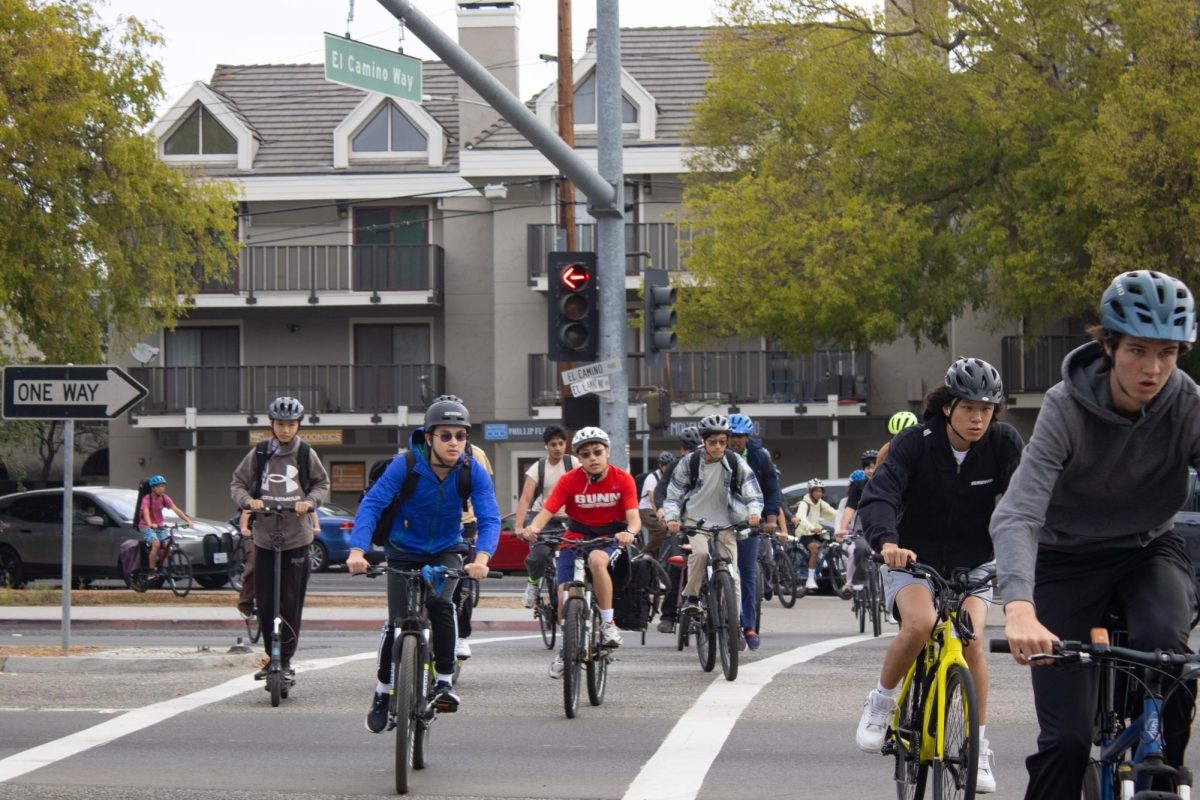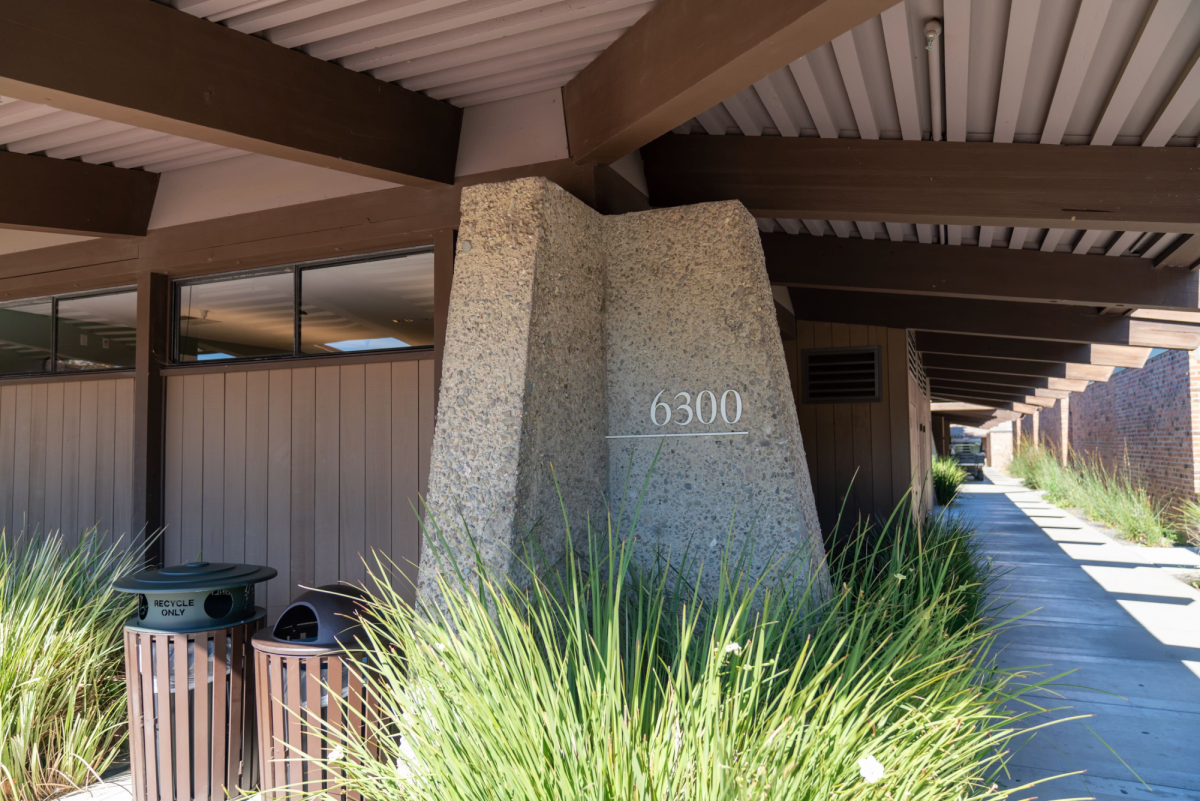On the morning of March 14, a group of students woke up to find an email in their inbox stating that the highly anticipated spring break service trip to Tijuana, Mexico had been cancelled. The Youth Community Service-Interact (YCS-I) trip was scheduled to bring 19 students and three staff members to Tijuana for spring break from April 1 to 8. In the email sent by YCS-I advisor David Deggeller, he expressed his disappointment and frustration with the school board’s sudden decision to pull their support during a board meeting on March 13—20 days before the departure date.
Although the board had previously voiced their approval back in January, they ultimately voted against the trip due to safety concerns, citing an uptick in violence, according to Deggeller’s email. The U.S. Department of State, however, has not changed their travel advisory assessment for Tijuana since the beginning of the year: out of four levels, Tijuana remains at a risk factor of two, indicating travelers to “exercise increased caution.” For reference, France, Germany and Denmark also have travel advisory levels of two due to terrorism.
According to Deggeller, he received an email from Assistant Superintendent Yolanda Conaway on Jan. 16, with approval to proceed with the trip. After this confirmation, Deggeller could use funds from the Student Activities Office to purchase plane tickets and make a deposit to the organization through which the trip is organized, Esperanza International. “When I was told the assistant superintendent approved my trip, I took it as a formal okay, and at that point I was allowed to use funds,” he said. Deggeller added that the trip was approved with a stipulation: if the travel advisory increased between January and April, the trip would be cancelled.
The cautious sentiments of the Board were again echoed in late February when they contacted Deggeller about insurance concerns. “They were concerned whether district insurance was going to cover the trip because of liability issues, but they emailed me back a few days later on March 2, saying it was okay and that they had figured it out,” he said.
During a board meeting on March 13, however, Interim Superintendent Karen Hendricks—who did not respond to The Oracle despite repeated inquiries—voiced safety concerns about the trip and ultimately pulled her support. The board agreed with her recommendation and voted in favor of not approving the trip.
Board member Melissa Caswell, who is not speaking on behalf of the entire board, understands the importance of the trip for students. “I feel terrible—this is a wonderful trip; I know people had a wonderful experience in the past, and they have felt very safe,” she said. Still, Caswell stresses the importance of student safety as her main priority. According to Caswell, the superintendent brought the recommendation to the board to vote on. “When the superintendent believes there is a safety risk, it puts me in a position where if anything were to happen and the superintendent had been concerned about safety, I could never forgive myself,” she said. “In the end, if the superintendent isn’t willing to support the safety of the trip that means a board member can’t support it.”
Deggeller, who has organized 16 international trips, says the district’s procedure of approval was very sluggish in comparison to previous years. “What typically happens is after all the paperwork is filed and the superintendent approves the trip, it automatically goes to the board at the next meeting and gets rubber-stamped,” he said. “So the two-month’s lag and the fact that the district took their concerns to the board so late was very surprising for me.”
According to Deggeller, the two-month gap between the approval and rejection is the most frustrating part of the situation. While he accepts the board’s decision and believes their safety concerns are valid, Deggeller was upset about the proximity to the departure date. “The families and I would have appreciated this news back in January, when we were told the superintendent was going to approve our trip,” he said. “If the board was going to have concerns, I wish they could have acted up them earlier— I felt like I was led on.”
The board, however, was swift to pass their resolution ensuring the reimbursement of all families despite currently grappling with a budget crisis. “Although I was still disappointed, I was pleased that they took that extra motion to cover the lost money,” he said. “To me that’s acknowledging ‘Hey, this didn’t turn out the way we wanted either,’ which is like an apology to me.”
Through Esperanza International, the group of Gunn students were going to build houses for the impoverished locals. Senior Elizabeth Miksztal, who went on the Tijuana trip her sophomore year, believes it offers many opportunities for individual growth. “Helping the community was an incredible experience because you were working alongside the people whose houses you were building,” she said. “We would learn about their lives, and I felt like it was the greatest use of my spring break possible.”
In order to assemble a group of enthusiastic individuals, Deggeller and the team trip leader, junior Pauline Her, started recruitment at the club fair back in September. The core group was formed in October, and Deggeller filed all the paperwork in November.
As team trip leader, Her and the group dedicated many hours organizing fundraisers such as an open-mic to help subsidize costs. According to Her, the group of students had already held a bowling bonding event to establish amicable team chemistry. “For me personally, it’s a huge downer because I was really excited to go to Mexico with this awesome group, and purposefully didn’t plan anything else for spring break,” she said.
For Miksztal, who was planning to attend the trip, the news of the unexpected cancellation came at an unfortunate time. “It was kind of jarring because I opened it in the midst of [college] rejection season,” she said. “It’s so sad that we’ve done the fundraising, we’re all ready to go, there’s so much good that could have come out of this, and now it’s not going to happen.”
Miksztal believes the last-minute decision was especially infuriating as it interfered with any further spring break plans. “It’s my spring break, it’s my senior year, and I was expecting to go off and make these special connections with people and do something I really believe in,” she said. “I was so excited about it and now it’s taken away from me.”
Although the overall reaction was disappointment and frustration at first, the group quickly began to explore other service opportunities around the Bay Area in hopes of a positive ending. While it did not work to run the trip independently of the Palo Alto Unified School District (PAUSD) due to insurance issues, the group has looked into taking a trip after spring break to Santa Rosa or Santa Barbara to help with disaster relief. “I’d say there were a couple of days of deep sadness and now we’ve turned it around to how can we make this a positive thing,” Deggeller said.
Deggeller, however, feels a lot of uncertainty moving forward, and would like the district to think about what the future of service trip looks like in PAUSD. “Is the district going to support service, and if so I need some guidance on what we can do,” he said. “The struggle will be finding a place of need, but also finding something the district is comfortable with safety-wise.”




















